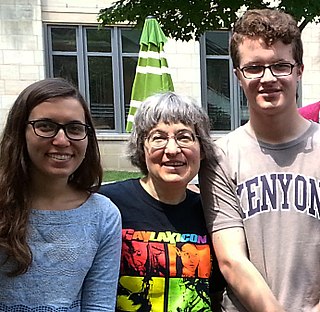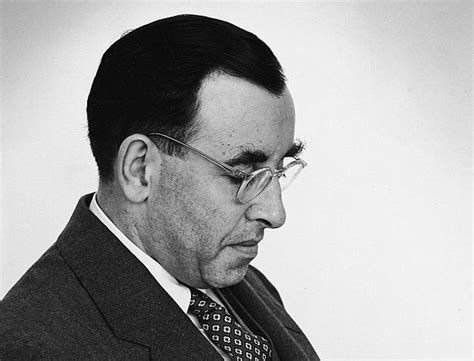A Quote by Joan Slonczewski
Related Quotes
Someone's killed 100,000 people. We're almost going, "Well done! You killed 100,000 people? You must get up very early in the morning! I can't even get down the gym. Your diary must look odd: 'Get up in the morning, death, death, death, death, death, death, death - lunch - death, death, death - afternoon tea - death, death, death - quick shower ...' "
Everybody is afraid of death for the simple reason that we have not tasted of life yet. The man who knows what life is, is never afraid of death; he welcomes death. Whenever death comes he hugs death, he embraces death, he welcomes death, he receives death as a guest. To the man who has not known what life is, death is an enemy; and to the man who knows what life is, death is the ultimate crescendo of life.
There is no single best kind of death. A good death is one that is "appropriate" for that person. It is a death in which the hand of the way of dying slips easily into the glove of the act itself. It is in character, ego-syntonic. It, the death, fits the person. It is a death that one might choose if it were realistically possible for one to choose one's own death.
The religious man, the mystic, tries to explore the mystery of death. In exploring the mystery of death, he inevitably comes to know what life is, what love is. Those are not his goals. His goal is to penetrate death, because there seems to be nothing more mysterious than death. Love has some mystery because of death, and life also has some mystery because of death.
The greatest mystery in life is not life itself, but death. Death is the culmination of life, the ultimate blossoming of life. In death the whole life is summed up, in death you arrive. Life is a pilgrimage towards death. From the very beginning, death is coming. From the moment of birth, death has started coming towards you, you have started moving towards death.
There is another side to death. Whether death happens through an act of violence to a large number of people or to an individual, whether death comes prematurely through illness or accident, or whether death comes through old age, death is always an opening. So a great opportunity comes whenever we face death.
Birth leads to death, death precedes birth. So if you want to see life as it really is, it is rounded on both the sides by death. Death is the beginning and death is again the end, and life is just the illusion in between. You feel alive between two deaths; the passage joining one death to another you call life. Buddha says this is not life. This life is dukkha - misery. This life is death.


































